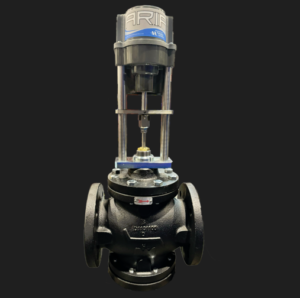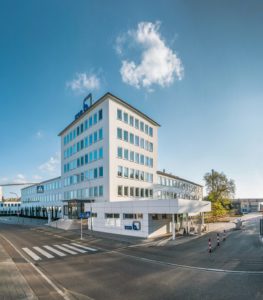Eaton Acquires Ultronics Limited
Eaton Corporation today announced it has reached agreement to purchase Ultronics Limited and its advanced electro-hydraulic valve system technology. Terms were not disclosed.
The Cheltenham, UK-based company's sophisticated electro-hydraulic control valves, systems and software technology are utilized in mobile applications in construction, forestry, agriculture and other markets.
"This technology is an important strategic addition to our hydraulics product portfolio within Eaton," said Craig Arnold, senior vice president and group executive for its Fluid Power business. "We will be able to maximize the potential of Ultronics' expertise and innovative technology through our global presence, capabilities and reputation in the hydraulics industry."
The purchase includes Ultronics' Cheltenham design center and a sales and applications office in Sweden. "We are delighted to conclude this sale to Eaton," said Steve Turner, chief executive officer of the Ultronics Group. "The Ultronics technology has been developed and refined over the last 10 years, and can now go on to achieve its full market potential with Eaton's support."
Eaton is a global diversified industrial manufacturer with 2002 sales of $7.2 billion that is a leader in fluid power systems; electrical power quality, distribution and control; automotive engine air management and fuel economy; and intelligent systems for fuel economy and safety in trucks. Eaton has 51,000 employees and sells products in more than 50 countries. For more information, visit www.eaton.com. The Ultronics Group's other principal activity is the design, development and supply of thin-film pressure sensor technologies through its Senstronics business. The Group, based in Cheltenham (Gloucestershire) and Newton Aycliffe (Co. Durham) employs 70 people and supplies advanced sensing solutions to customers globally.
Source: Eaton Corporation plc







